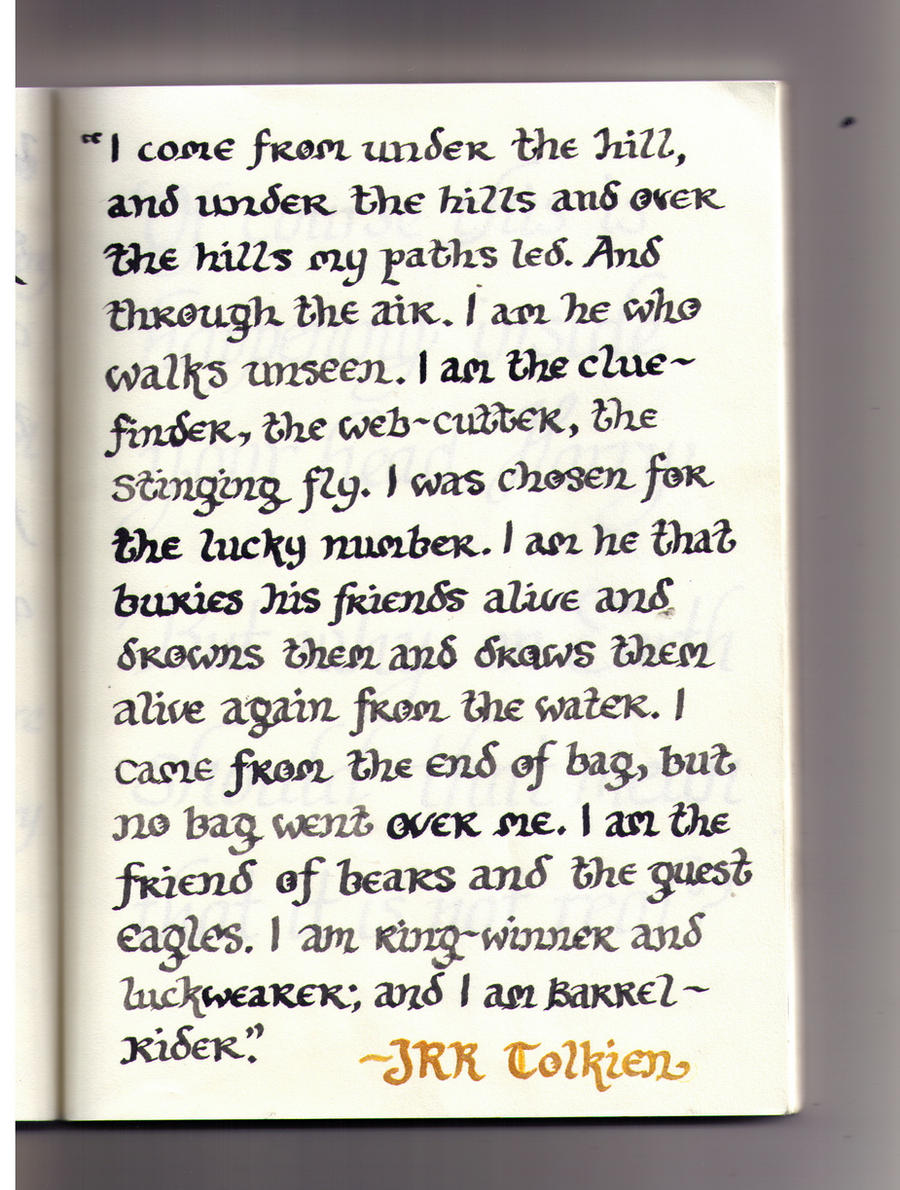Books and the fascination of discovery.
A
fascinating fellow who went by the name of TF Carthick before reverting to the
more prosaic Karthik Lakshminarayanan posed this question on Facebook
yesterday.
“Pondering over a very basic question -
why do people read new books? There are thousands of book already written and
most of us are not going to read all of them in our life time. Still what makes
a reader pick up a new book rather than one of the unread older ones?
(Especially when new book is not a Litfic that is a commentary on present times)”
As with
most things that literary Socrates does, it prompted a discussion. (Another way of looking at it is to say that
his way of dealing with his own insecurities as a writer is to inflict them on
the world at large, but I’ll give him the benefit of the doubt on that one).
This is fast becoming a Carthick staple, though - the prompting of debate. His last
such query led to the writing of this
very fair and balanced analysis of the Chetan Bhagat phenomenon by Jean
Burke-Spraker. At the risk being self-promotional, I would even suggest reading
Jean’s essay in conjunction with mine, available here.
But coming
back to the question, it triggered some soul-searching. Why indeed, do we pick
up new books. Or old books. Or any sort of books at all? A part of the answer
lies in that essay by Jean I referenced earlier. She quotes Bhagat as saying
his books are in competition with ‘Candy Crush’, a fairly-inane but addictive
mobile gaming app. Facile as that is, it brings out the fact that books are
read for entertainment.
Education
too, some of you would point out, and I would have to agree. A lot of people
grow up knowing academic textbooks as the only ‘books’ they encounter, both
fiction and non-fiction are a stranger to them. They consume news through
hearsay and rumour – now replaced by Times Now and WhatsApp.
What about
both, though? The best educational reading is that which is also entertaining.
You can learn much from reading books that are nonetheless much fun. Phineas Finn offers fascinating
knowledge of parliamentary politics. Huckleberry Finn (not a relative of the aforementioned) is an amazing insight
into the American south and race relations. All Quiet on the
Western Front is a depressing look at the hopelessness and horror of war. In Shame, Salman
Rushdie deconstructs Pakistani society of the Bhutto – Zia era more effectively
than any books by political analysts. Hell, if I had a rupee for every time I
heard ‘Read Wodehouse to improve your English,” I’d have enough to fill a sock
and bash myself on the head with it. (Myself, I only ever read the master's work for the laughs, english be damned).
 |
| And if your English doesn't improve, at least learn to drive a vintage car. Can you at least do that, eh? |
Is this
less true of fantasy and Sci-Fi? I suppose not. Even these speculative genres
are a product of their times. For all their references to medieval heraldry and
renaissance society, both GRR Martin’s A
Song of Ice and Fire and Steven Erikson’s Malazan are rooted in modern sensibility and disenchantment, rather
than the wide-eyed romance of earlier times. They are also, despite their
rather difficult language, perhaps more accessible (other series like Harry
Potter and so on definitely are) than
a book by Jules Verne or maybe even JRR Tolkein.
 |
| That's assuming you can understand his handwriting first. |
In the end
it is a personal decision – what to buy and what not to. Every individual will
approach it differently, based on what they have read before, what they have
been brought up believing and how much money they have.
I’ve been
fortunate, in a sense. My family had two generations of very literate,
book-loving people and I was raised surrounded by a decent number of novels,
mostly classics. My school’s library was well-equipped too, and my birthday
gift demands were also regularly met – with more books.
So at the
present date I have read everything Dickens wrote, except Edwin Drood, some of it thrice over, nearly everything by Hardy,
Austen and the Brontë sisters…I’ve read the most celebrated of the works of the
Russian masters, of Hugo and Dumas, of Twain and Melville. The point is not to speak about what I have read though. I’m trying
to bring out that, despite the damage this sort of reading might have done to my
mind and my writing ability, it was varied enough that I can generally read at
a pretty high level. (It also does wonders for my performance in the vocabulary
section of CAT and similar exams. Go figure.)
But you
know what, there’s a ton of old books I haven’t read. They sit on my bookshelf
or my Kindle, with that resentful look that old books know how to give you. Wuthering Heights, especially, is a major culprit, since despite having read the book a dozen times (give or take) still seems to give me melodramatic stares from time to time, as I wrote about here. And
I hope to read them all too, some day, if I live long enough. But why should I not read new books as well? Mohammed
Haneef is a fantastically talented writer whose two books that I have read make
me await his next. Rushdie will probably be considered a classic by now, but
hey, he’s still around and he’s still writing.
Why even go
that far? I’m curious to know what C. Suresh is cooking up. I’d like to see
where Neil D’Silva finds his next horrifying protagonist. I’d even like to see
if Shiv Ramdas goes full lit-fic or takes his art in a different direction.
The bottom
line is curiosity. A new book, like the new shawarma-seller or kebab-paratha corner who opened down the street, makes me curious. I want to know what it is about.
Yes, I know
there’s a host of books I haven’t read, but every unread book has the same
potential to be disappointing or wonderful. That’s where reputation, a blurb, a
cover comes in. That’s where recommendations come in. Before I’ve read it, why
should I assume The Return of the Native (1878) will be any better or worse than The Catcher in the Rye (1951) or Our Impossible Love (2016)?
So, don’t.
Whether it’s a new Booker winner you’ve heard so much about, the latest
bestseller that you’re sure is going to crap, or that classic you’ve been told
is boring as hell, don’t assume anything until you’ve at least read the blurb
or an excerpt. Give everything a shot. There’s a host of wonderful writing out
there – sooner or later, the man TF Carthick (or whatever he will be calling himself
by then) will write a book that I think I’ll like. But…until he writes it, and until
I buy it…I will never know.
Until then, check out his writing though.
Here.







